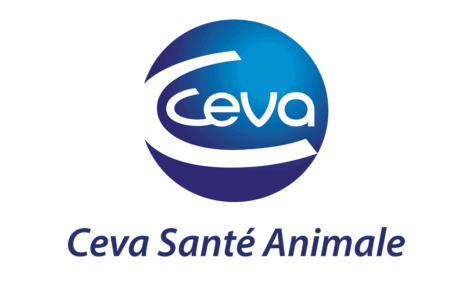



Shoppers Deceived By 'Natural' Label on Injected Meat
US - A survey of consumers carried out by Foster Farms has revealed they feel deceived that chicken injected with saline can be labelled 'natural'.Amidst an increasing national focus on sodium as a critical health issue, US West Coast poultry producer, Foster Farms, has launched a comprehensive consumer campaign to raise awareness of saltwater-injected or 'plumped' chicken.
'Plumping' – or the injecting – of fresh, raw chicken with saltwater is a practice employed by many chicken companies which costs consumers money and contributes to serious health issues. Under current USDA labelling laws, brands that plump their poultry may still label their chicken as '100 Per Cent Natural' or 'All-Natural'.
According to a new survey, consumers are largely unaware of plumping and would prefer that only non-injected chicken be labeled as 'All-Natural'.
"Our survey found that most consumers have no idea that the fresh, raw chicken they purchase intending to season or marinate themselves can contain such high levels of salt," said Ira Brill, Director of Marketing for Foster Farms. "At a time when consumers are paying attention to their health and their budget, this deserves attention. Many poultry brands contend that injected poultry yields juicier, more flavourful meat but our survey demonstrates consumers want to know what they're paying for. Foster Farms' 100% Natural, fresh chicken line is never plumped."
Foster Farms has publicly released the results of a new survey conducted in March indicating that the majority of consumers (63.1 per cent) are largely unaware of the hidden salt in many poultry brands and felt deceived after learning about it.
Among the survey findings:
- Despite the fact that 71.3 per cent of consumers try to watch their sodium intake at least some of the time, many consumers are still unaware of some of the 'fine print' in product labels, even for USDA-labelled '100% Natural', minimally-processed foods like chicken.
- 85.9 per cent of consumers surveyed did not realize that a serving of some brands' fresh, raw chicken could contain more salt per serving than a large order of french fries. (Some brands of plumped chicken can contain 440 mg of sodium, versus 350 mg of sodium in a large order of french fries from a national fast food chain.)
- 74.5 per cent of consumers believe fresh chicken labeled as 'natural' should contain no additives or preservatives; 82.4 per cent believe that fresh chicken carrying the 'natural' label should not be injected with saltwater.
- Upon learning that the saltwater in injected chicken could cost them nearly $1.50 per package, 69.2 per cent of consumers felt deceived and 37.2 per cent felt angry.
- After learning about 'plumping', 70.7 per cent will change the way they shop for fresh chicken: 85.4 per cent will read nutrition labels and avoid saltwater-injected chicken, while 71.7 per cent vowed to warn a friend.
Research has shown that high sodium intake is linked to many diseases, including high blood pressure and heart disease. A close examination of some raw poultry nutrition labels reveals that a four-ounce serving of plumped chicken could contain as much as 440 mg of sodium, more than 700 per cent more than truly natural chicken. Based on the Center for Disease Control's new dietary guidelines of 1500 mg per day or less of sodium, eating just one single serving of some brands' poultry could add up to nearly a third of their recommended daily intake. From an economic standpoint, it also means that a family of four could spend more than $150 annually on saltwater alone.
"Today's families are looking for ways to get higher value and quality in the products they buy," said Mr Brill.
"In our 70-year history, Foster Farms has never injected our fresh, raw chicken labelled '100% Natural' with saltwater or any other additives and we will maintain this commitment to consumers. We've launched a multifaceted communications campaign to inform consumers about this common practice and provide them with new information to help them make better choices for their families. As a family-owned company, Foster Farms remains committed to providing consumers with products that meet their value and quality needs."
Foster Farms' Say No To Plumping public information campaign includes on-line and traditional media elements including television advertising featuring the Foster Imposters. Unique to this campaign will be the company's participation in several high-profile events during the summer, where the brand will use street teams to spread the word about plumping with entertaining, compelling visuals.
Click here for Foster Farms' new online resource where consumers can learn more about plumping and take action.
The Foster Farms' web site features low-sodium recipes, as well as shopping and eating tips from the company's nutritionist.








